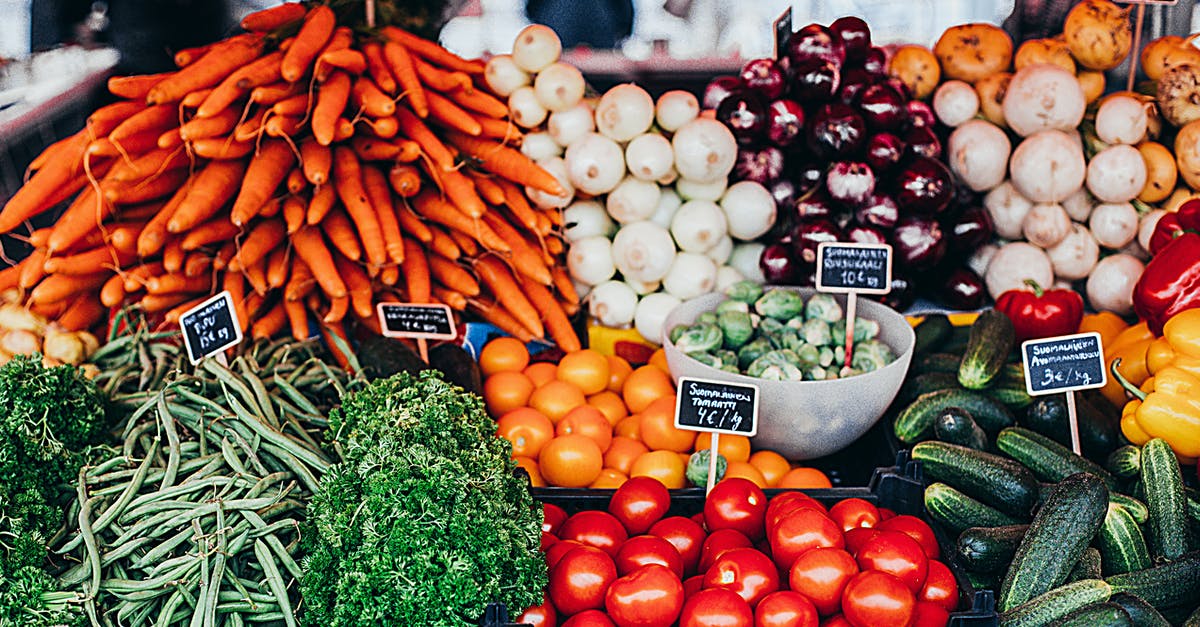Best way to preserve nutrients while dehydrating fruit and veggies

I am getting into fruit dehydration (and maybe of other foods) for backpacking. I'd really like to backpack with my own made food as much as possible and reduce vitamins and minerals supplements to a minimum - or to nothing, if possible.
I have read that dehydration spoils some nutrients, most cited are the vitamin C and A, that are volatile and that would be "killed" by a 50°C temperature which is the one that is recommended by most instructions I found on the web.
I would then like to know what are the recommendations about this; like, if there are some fruits that are less susceptible to this loss, or if there are any fruits that can be successfully dried at a smaller temperature (30°C is the minimum allowed by my device) thus reducing the nutrient loss as much as possible, or any other useful technique/tips.
Best Answer
Dehydration in all ways spoils nutrients. There are few tricks (like freeze/dry dehydration, sulfur dehydration, and orange juice bathing), but in the end you will always loose something along the way. That said, home dehydration is not as bad or aggressive like industrial one is, so you will probably still end up with a positive weight/nutrients ratio. But, be aware that being sugar much more resistant than everything else and much more present in fruits and vegetables, you'll basically end up with "lot" of sugar and few nutrients. From this point of view, fresh fruit is always the better trade off.
That said, maybe you can solve your problem if you look at it from a different perspective.
So, first a step back: as of today marketing is trying to convince people that the more, the better; things like "if 100% of the daily recommended intake make you healty, imagine how super you will be with 1000%". Now, that's entirely marketing bull***t, dangerous for your health and on top it even if for some vitamins or minerals it could be not dangerous to exceed, it will force your organism to do lot of work to expell all that is unneeded/unused (yes, there is practically no "storage" of nutrients in our body)
Then, if you want to bring your own dehydrated food with you, instead of worring about maximising how much nutrients will remain after dehydration, maybe just do the math to understand how much dehydrated food you'll need to bring with you; maybe you'll discover that even after loosing 90% of nutrients you will need just a couple of hectograms of dryed food instead of 2 kilos.
That said...try not to kill yourself with spoiled dryed food or by doing the wrong math and bringing a 2 days reserve for a 5 days hike, ok?
Pictures about "Best way to preserve nutrients while dehydrating fruit and veggies"



Quick Answer about "Best way to preserve nutrients while dehydrating fruit and veggies"
I would try by slicing the fruit as thinly as possible. this way you could probably dehydrate with a lower temperature. This would take much more time for the same amount of food though, as you would fill your dehydrator with much less quantity of food.Do dehydrated vegetables retain their nutrients?
The dehydrating process retains a food's original nutritional value.How do you dry vegetables without losing nutrients?
Successful drying depends on heat, air dryness and air circulation. Select vegetables to be dried at peak flavor and quality. Blanch vegetables before drying to stop enzyme action and enhance destruction of microorganisms. Package dried foods in tightly sealed containers and store in a cool, dry place.Do you lose nutrients when you dehydrate fruit?
Whether it's fresh or dried, fruit is nutritious. Both are packed with vitamins, minerals and fiber. However, drying the fruit concentrates many of the nutrients as well as the calories. The drying process may also cause fruit to lose some of the more volatile nutrients, such as vitamin C.What is the best way to preserve the vitamin content of fruits and vegetables?
Keeping fruits and vegetables cool helps to preserve the vitamins. Potatoes, onions, bananas and tomatoes do not need to be kept cool in order to save their vitamins. Frozen fruits and vegetables tend to have the best nutrients because of the cold temperature and lack of air exposure.7 BEGINNER TIPS FOR FOOD DEHYDRATING | What I Wish I Knew Before I Started Dehydrating
Sources: Stack Exchange - This article follows the attribution requirements of Stack Exchange and is licensed under CC BY-SA 3.0.
Images: Karolina Grabowska, Bert, Karolina Grabowska, Daria Shevtsova
